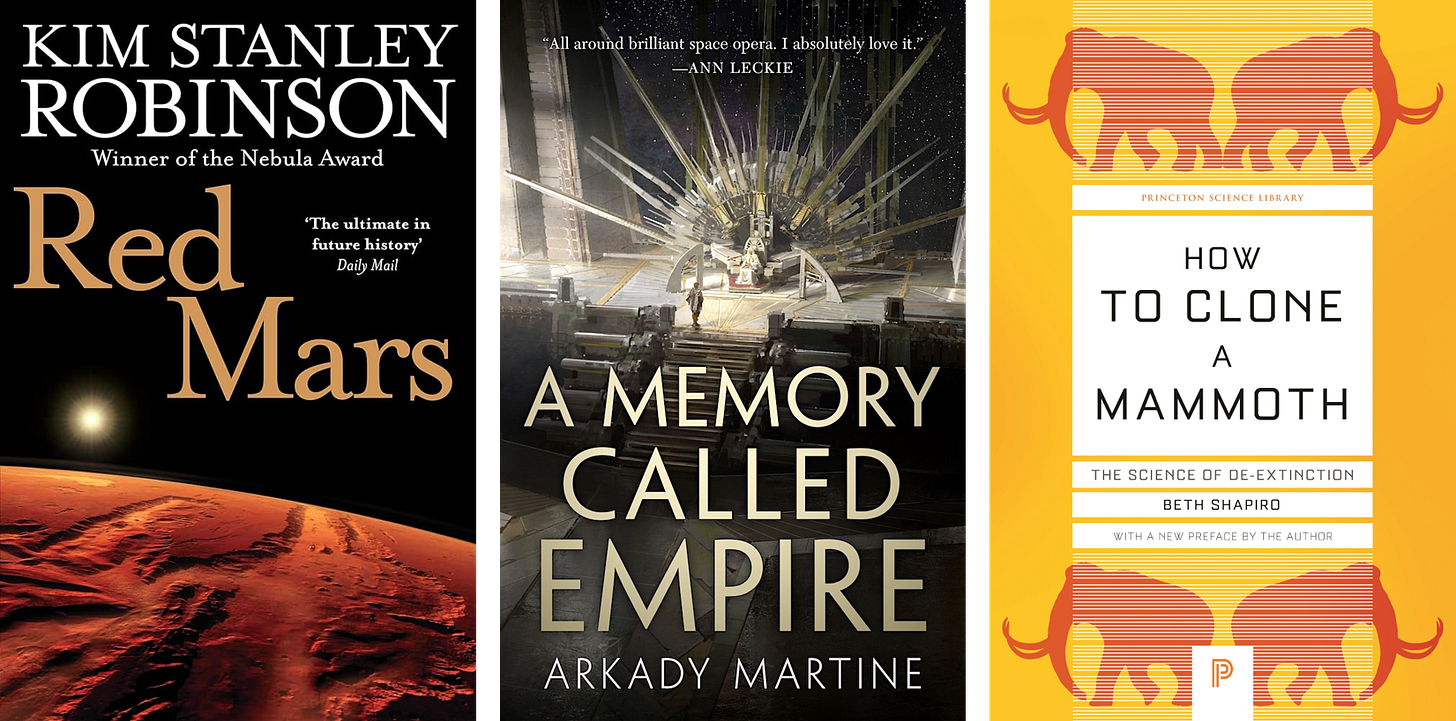ICYMI — Since the last notes from the margin, I’ve written about my hopeful monster, talking animals and dimensions of consciousness, and our wanton assassination of love.
Einstein’s letter
Five years after her husband Pierre died in a horse carriage accident on the streets of Paris, Marie Curie began an affair with physicist Paul Langevin. The press found out and denunciated Marie Curie, which overshadowed that she had won her second(!) Nobel Prize. The paparazzi-presaging behavior of the press appalled Albert Einstein, who wrote Curie the following letter, with possibly the best postscript I’ve ever read:
The hidden human labor behind AI
It is a truth rarely acknowledged that the fancy generative AI tools that will ‘enhance our productivity, or ‘unleash our creativity’ come with a tremendous environmental and human cost. These tools don’t pluck words from thin air; they rely on massive amounts of training data, prepped and labeled by overworked laborers in developing countries, as this piece in LitHub reminds us:
Displaced Syrian doctors train medical software that helps diagnose prostate cancer in Britain. Out-of-work college graduates in recession-hit Venezuela categorize fashion products for e-commerce sites. Impoverished women in Kolkata’s Metiabruz, a poor Muslim neighborhood, have labeled voice clips for Amazon’s Echo speaker. Their work couches a badly kept secret about so-called artificial intelligence systems—that the technology does not ‘learn’ independently, and it needs humans, millions of them, to power it.
Peak performance
Looks like this:
Believe it or not, dragonflies are nature’s most successful predatory animals with a ~95% success rate. That rate drops for larger prey, but still, dragonflies easily best, for example, great whites (~50%) and lions (~25%.).
How do they do it? A combination of exquisite body axis control, selective focus thanks to compound eyes with up to 24,000(!) ommatidia (the individual little ‘eyes’), and specialized brain cells that allow them to predict their prey’s flight path.
Not so open-source
A lot of AI models claim to be open-source, but how open are they really? A recent paper - and coverage in Nature - suggests the answer is ‘not so much’.
Many of the large language models that power chatbots claim to be open, but restrict access to code and training data.
Why would companies make the open source claim if it’s not true? Because open-source models are subject to less stringent regulations in the EU’s Artificial Intelligence Act. This practice is known as open-washing. Generally, smaller companies are more ‘open’ than the big shots like OpenAI, Meta, Google, and Microsoft.
Read more fiction
A recent (double) meta-analysis of over 100 studies finds small but consistent cognitive benefits of reading fiction (even compared to non-fiction or watching fiction), especially in verbal ability, general cognition, and empathy.
Both meta-analyses yielded small-sized aggregate effects, suggesting that short fiction reading assignments cause small cognitive benefits and that lifetime exposure to written fiction is related to small cognitive enhancements, respectively. Overall effects of both meta-analyses were robust, so were neither the result of individual outliers nor driven by assessments based on self-report.
Which marvelously brings me to…
Random book recommendations
Red (and Green and Blue) Mars by Kim Stanley Robinson: This is a bit of an investment — a trilogy of chunky books. It’s also a great, multi-generational story about the science and politics of terraforming Mars.
A Memory Called Empire (and A Desolation Called Peace) by Arkady Martine: A duology that begins as a whodunit, but quickly becomes a story of diplomacy between interstellar civilizations based on the Byzantine and Aztec empires.
How to Clone a Mammoth by Beth Shapiro: Every few months or so, an article tells us that we’ll soon resurrect [insert extinct species] with cloning, stem cells, and genetic engineering. This book explains why it’s harder than it sounds.
Your voice matters
I’m always eager to hear what you think of Subtle Sparks and learn how I can improve it. So, without obligation (poll will be open for one week)…
I know that’s all pretty vague; I only have a few characters and a limited number of poll boxes, so feel free to elaborate by replying to this email, messaging me in the app, or - if you want to keep going - taking a look at this reader survey if you haven’t already.
Thanks!
Gunnar















I loved that letter! How humane. It reminded me of a book I have with letters written by children of various ages to Einstein, and his replies to some of them.
Fascinating facts about the dragonfly -- this one looks like a Science Summary post, loved it!
PS: I couldn't vote on the poll because you don't have the "nothing" option.
Love this. I am learning so many new things. Thanks for sharing